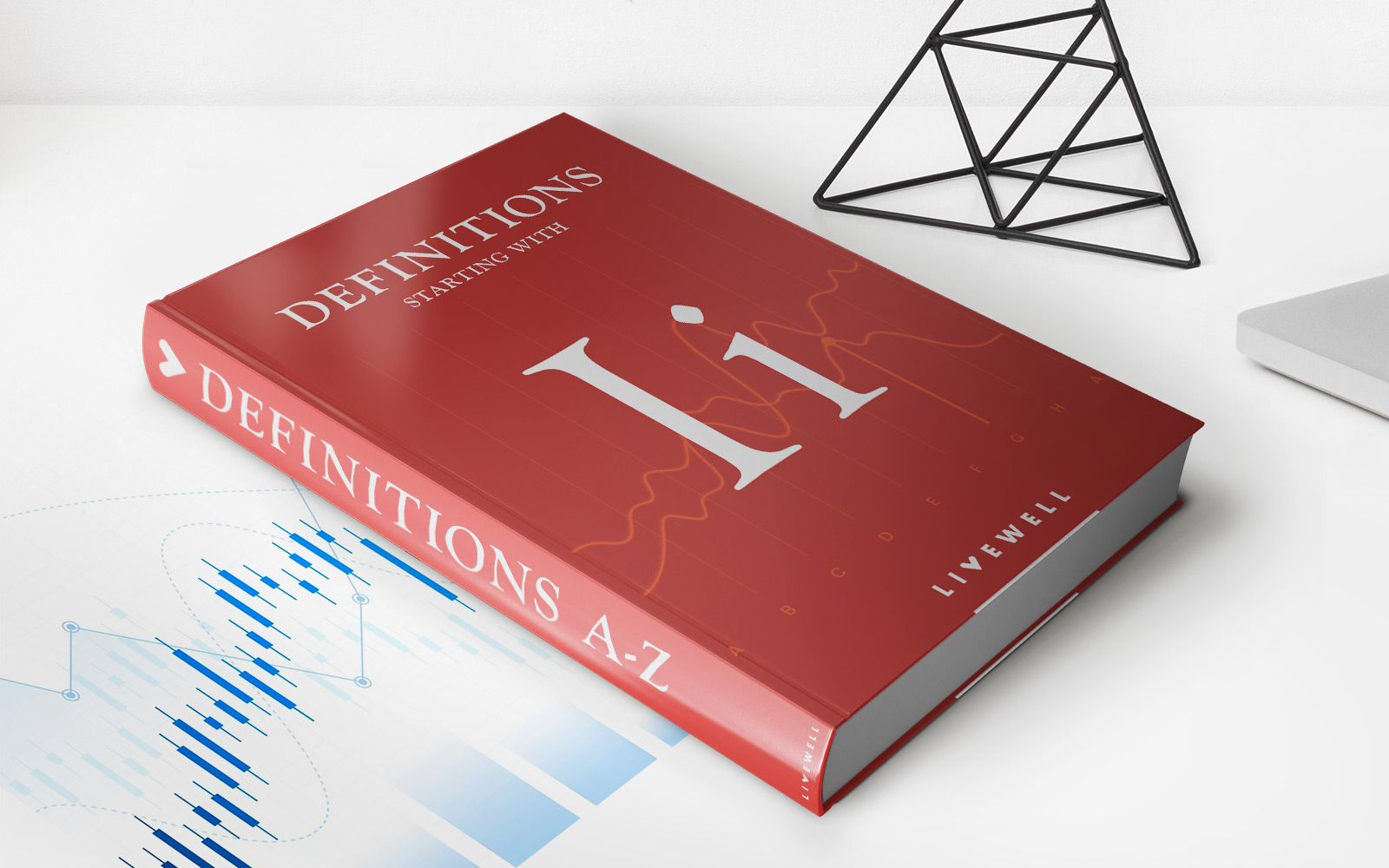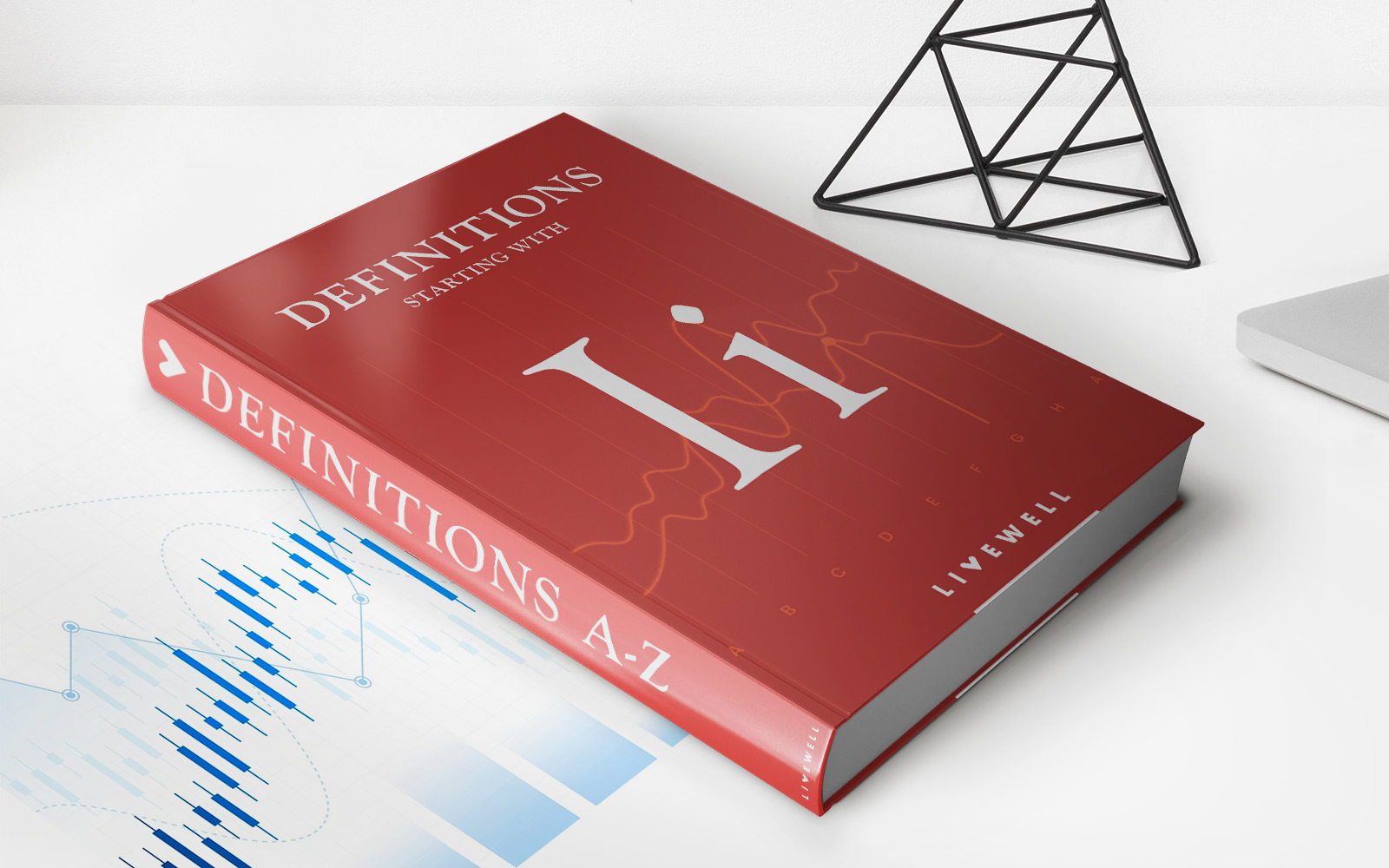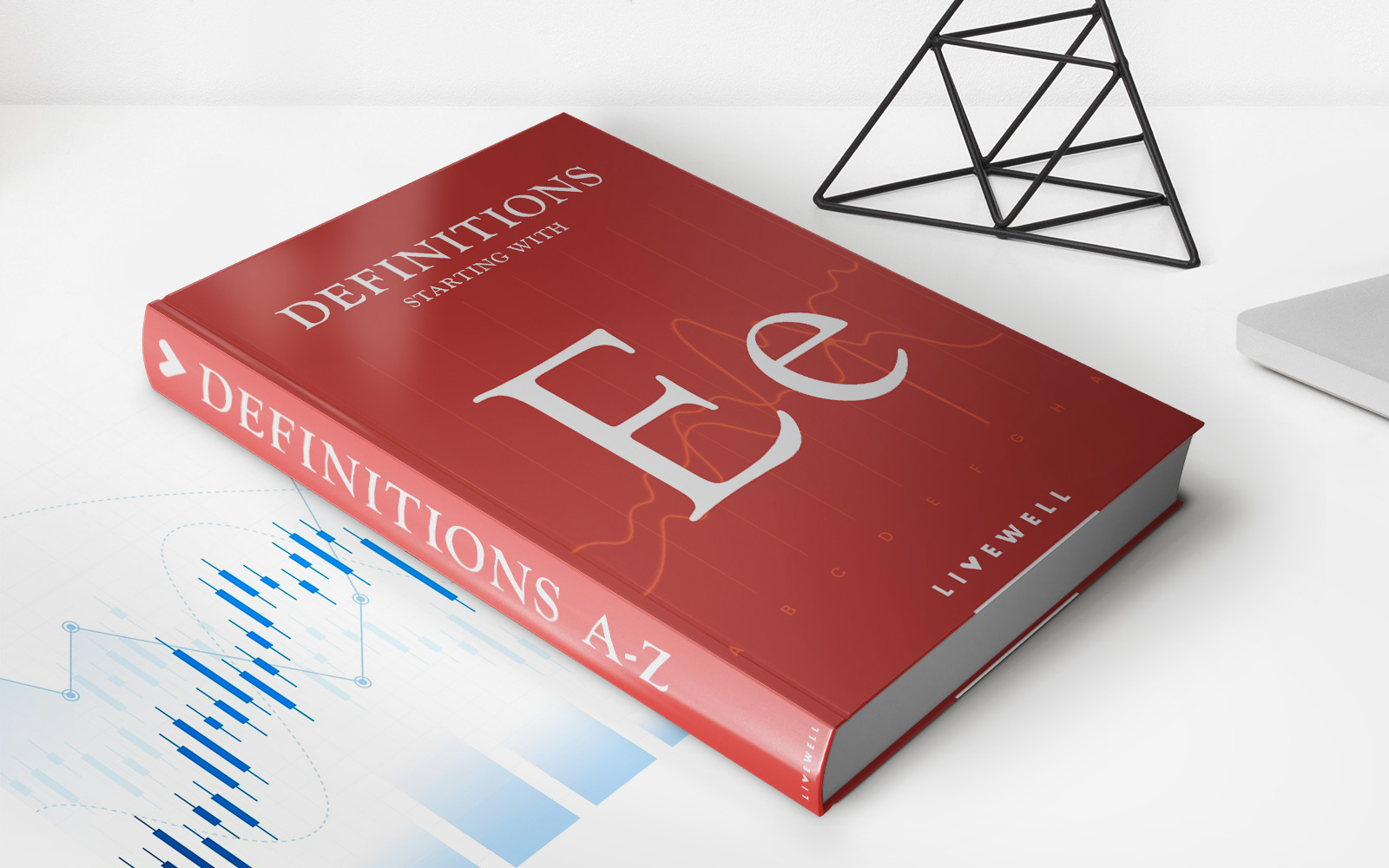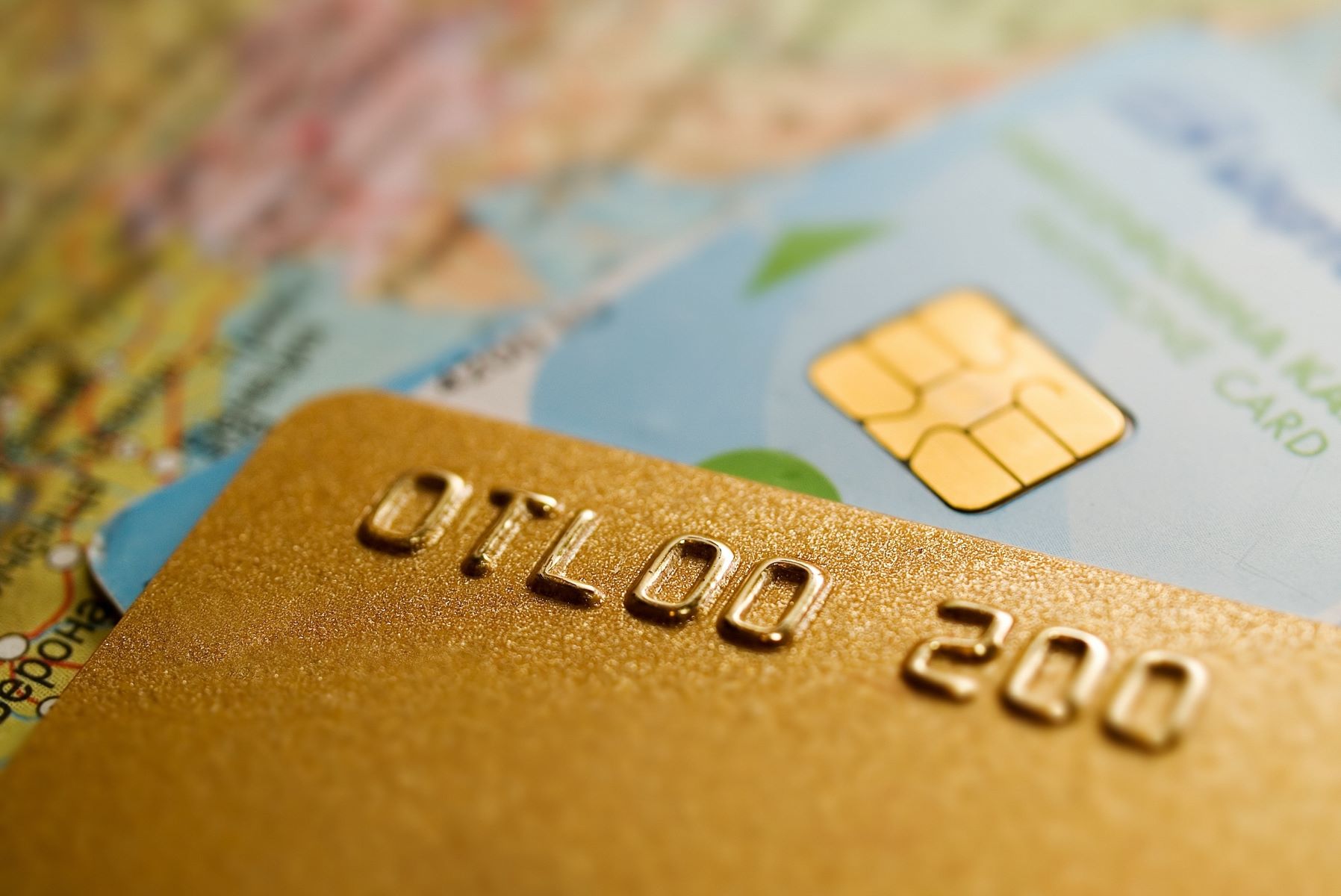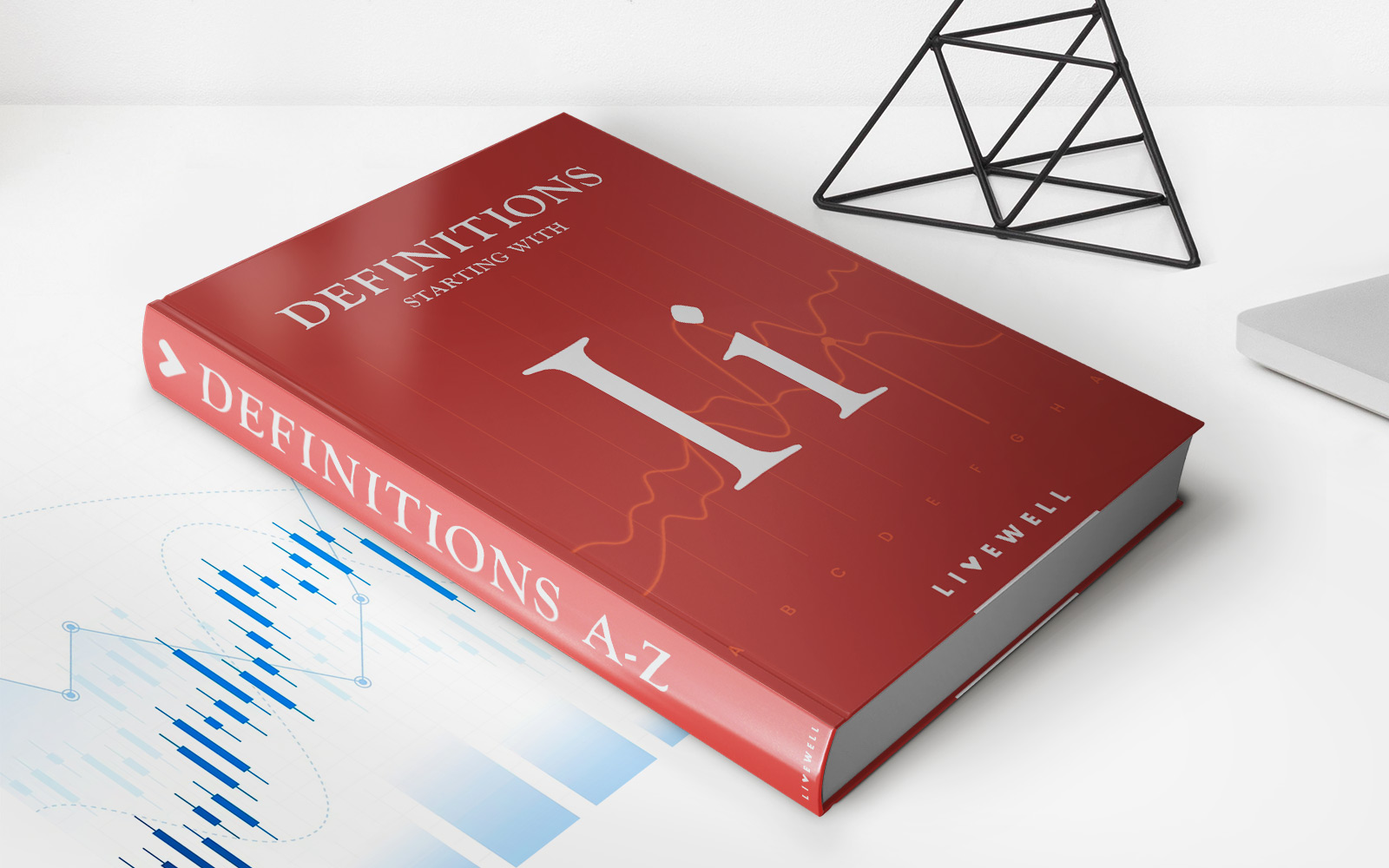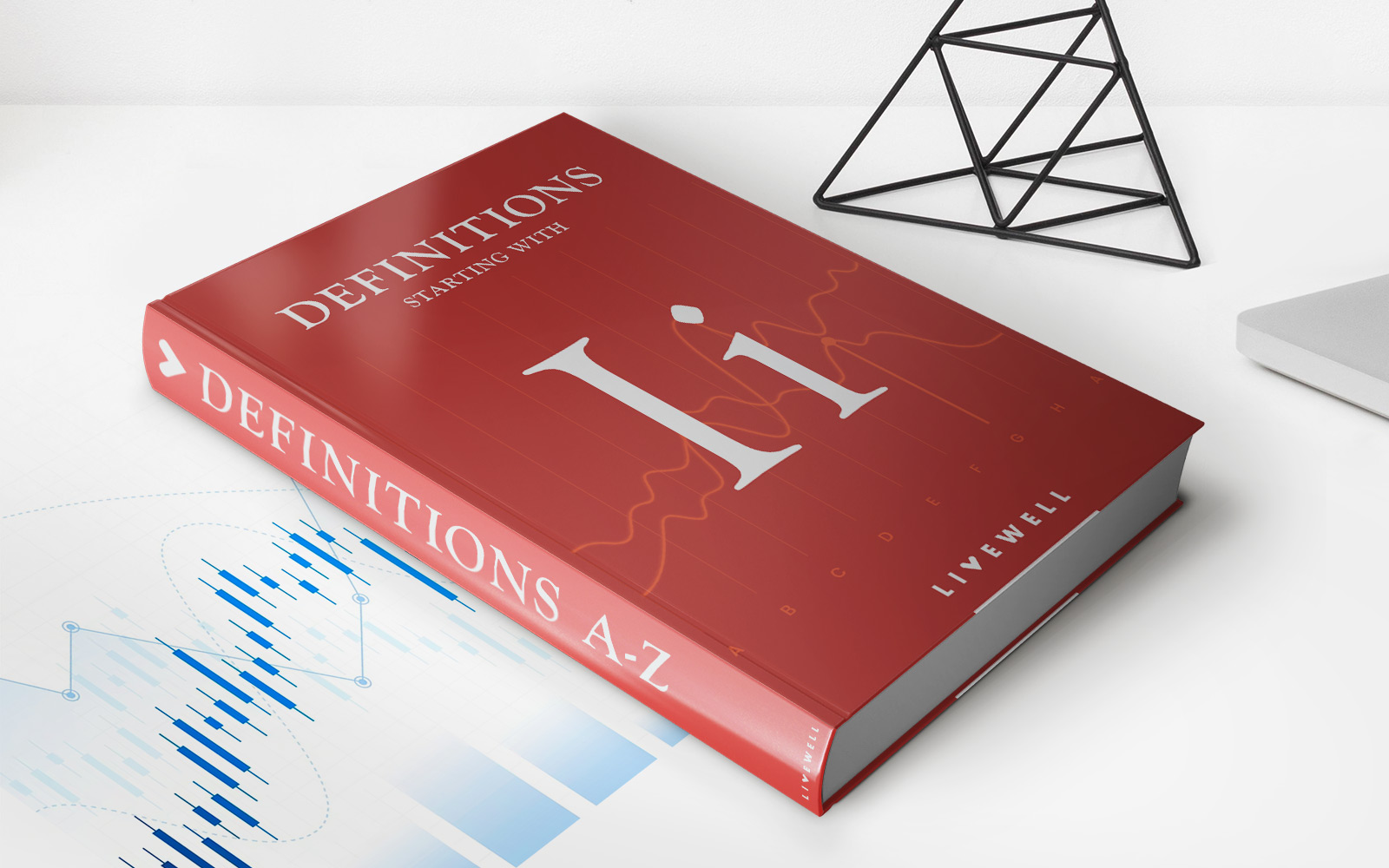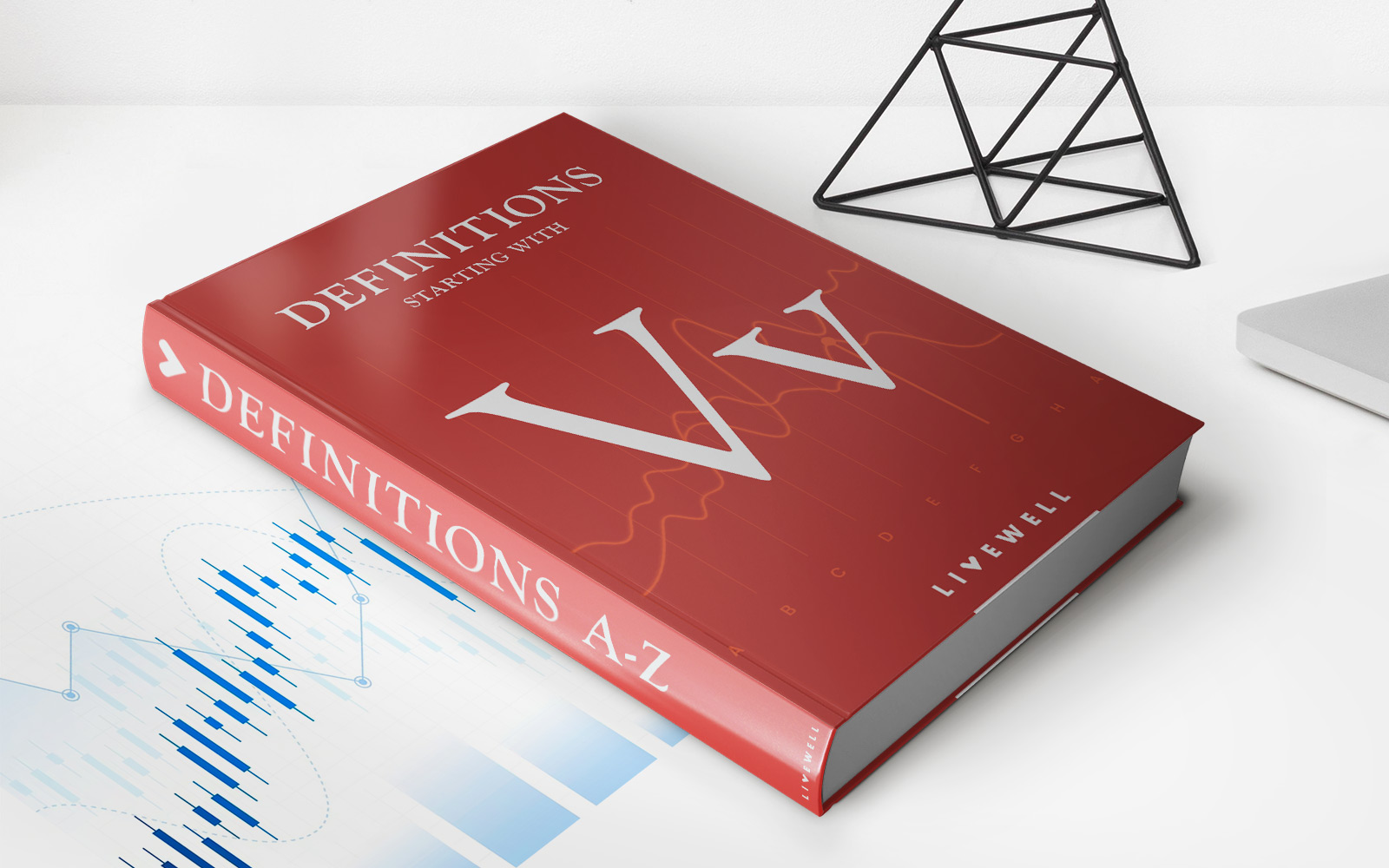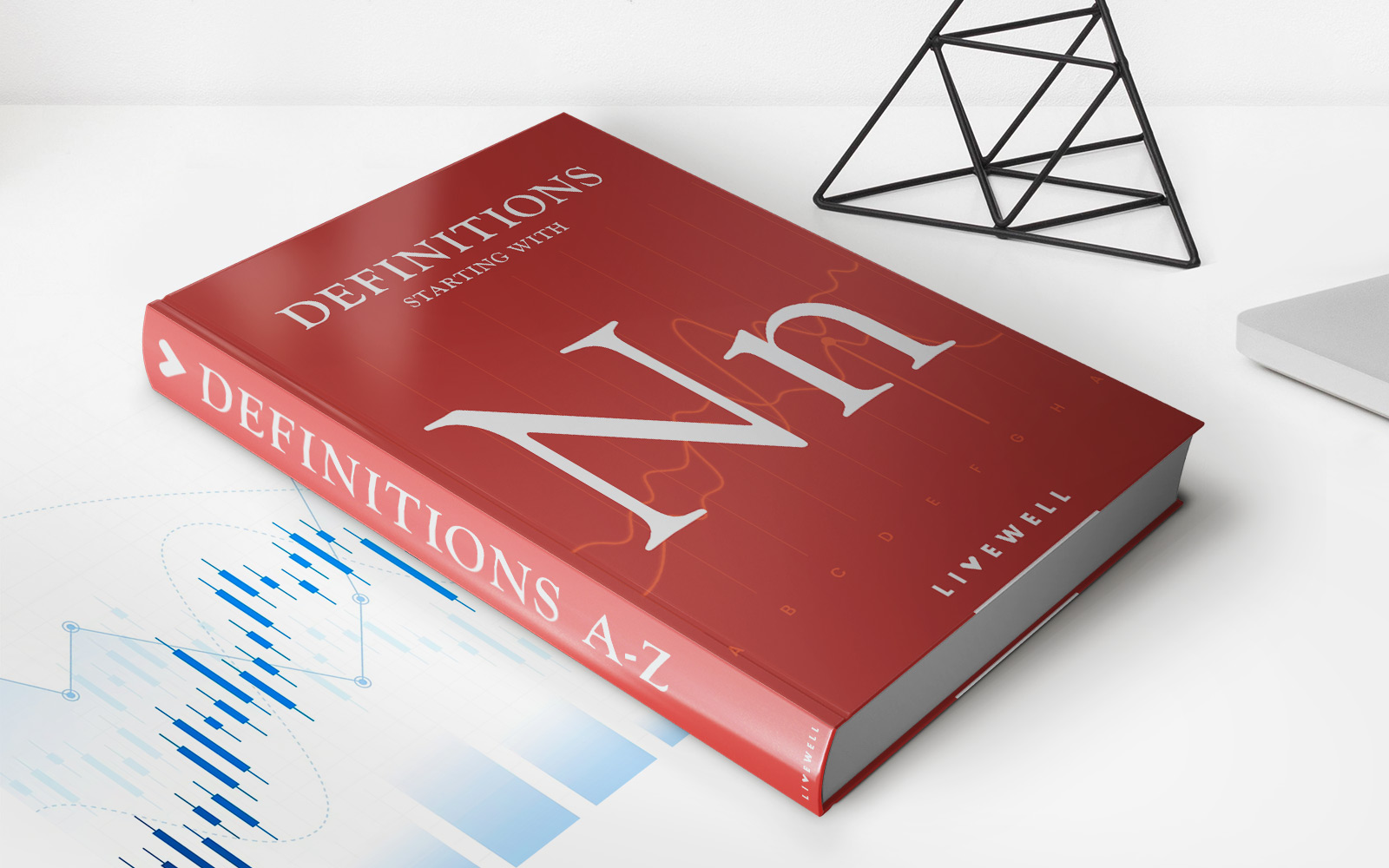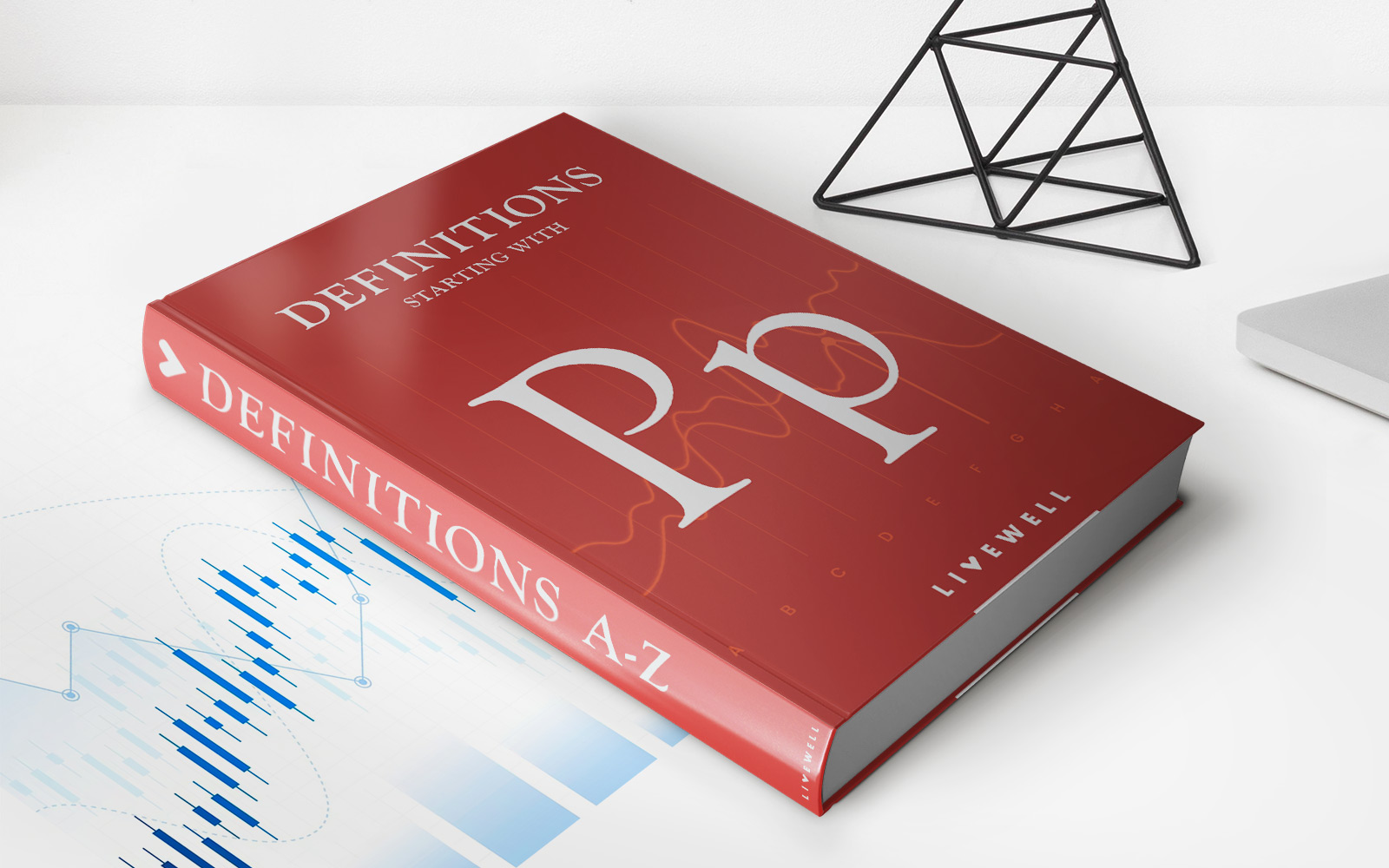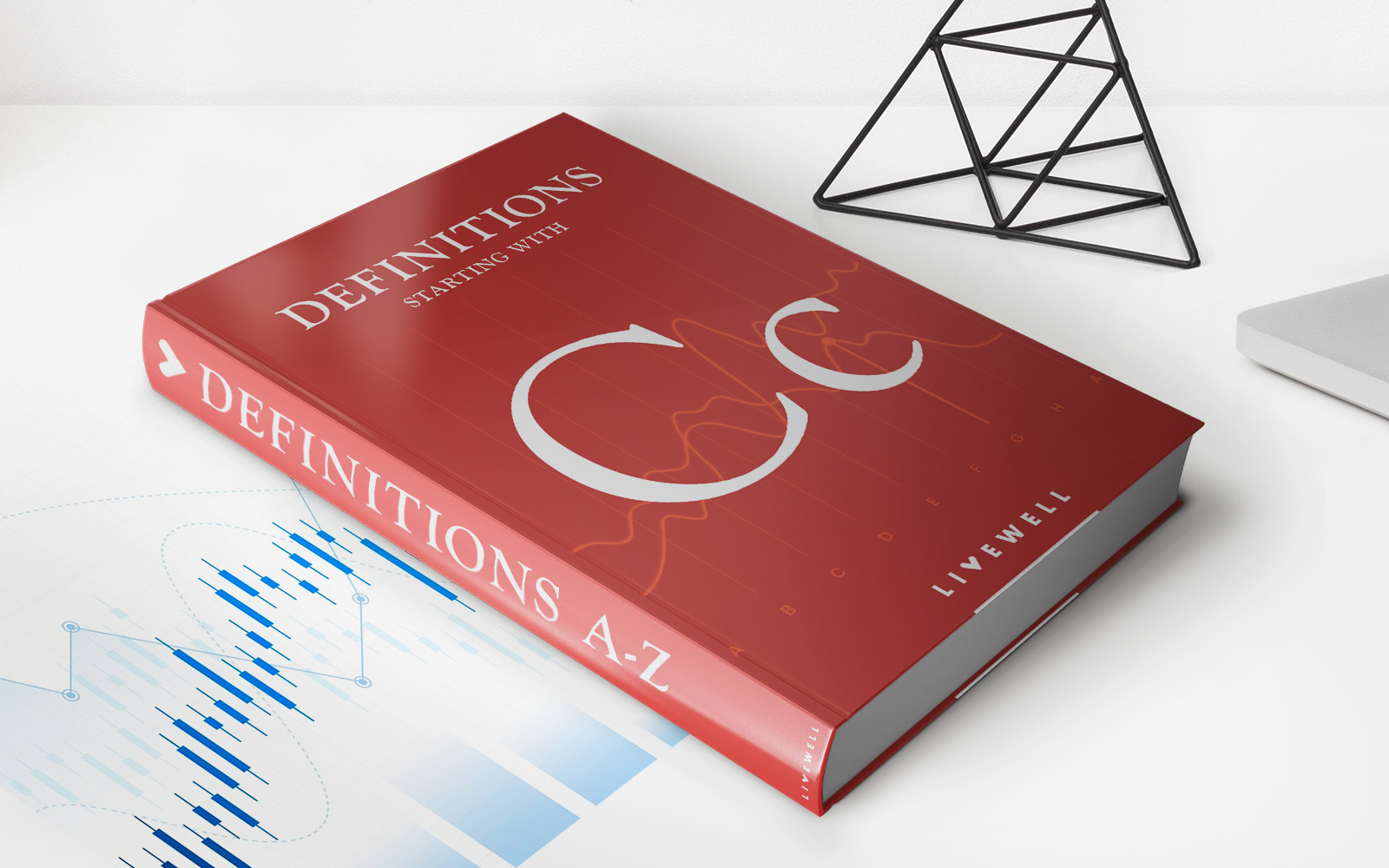Home>Finance>International Depository Receipt (IDR): Definition And Uses
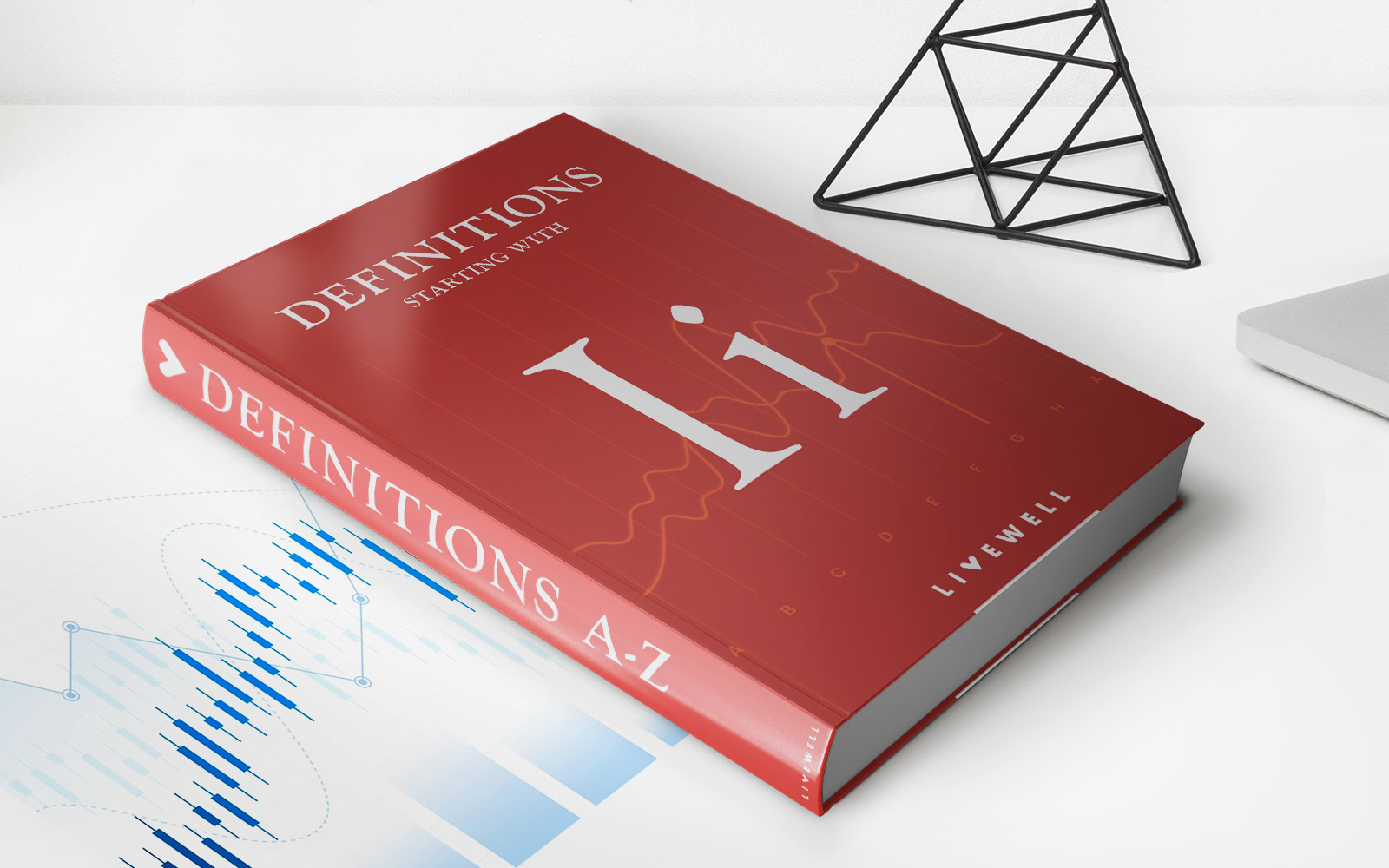

Finance
International Depository Receipt (IDR): Definition And Uses
Published: December 11, 2023
Learn the Definition and Uses of International Depository Receipt (IDR) in Finance. Explore how IDR plays a pivotal role in global investment strategies.
(Many of the links in this article redirect to a specific reviewed product. Your purchase of these products through affiliate links helps to generate commission for LiveWell, at no extra cost. Learn more)
Unlocking the Power of International Depository Receipts (IDRs) in Finance
When it comes to expanding your investment portfolio and accessing international markets, International Depository Receipts (IDRs) can be an excellent tool. This article will delve into the definition and uses of IDRs, providing you with insights on how this financial instrument can help you grow your wealth globally.
Key Takeaways:
- IDRs enable investors to purchase shares of foreign companies listed on international stock exchanges
- They provide an avenue for diversification and exposure to new markets
But first, let’s start with the basics. What exactly is an International Depository Receipt?
An International Depository Receipt is a negotiable financial instrument that represents shares in a foreign company. It allows investors to indirectly hold and trade equity in companies that are listed on international stock exchanges. IDRs are issued by banks or financial institutions in the home country of the company, and they are listed and traded in the investor’s home country.
This arrangement brings several benefits. Here are a few key advantages of using IDRs:
- Diversification: By investing in IDRs, you gain exposure to companies listed on international exchanges, thus diversifying your investment portfolio beyond domestic boundaries. Diversification is a fundamental risk management technique, helping to mitigate the impact of market volatility.
- Access to International Markets: IDRs provide access to otherwise inaccessible international markets. This means that as an investor, you can tap into the growth potential of foreign economies and industries. IDRs allow you to participate in the success of renowned companies from across the globe without the need to directly invest in each company’s home market.
- Efficiency: Trading IDRs offers investors the convenience of buying and selling shares in foreign companies without the complexities associated with cross-border transactions. This streamlined process allows for efficient execution and reduces administrative burdens.
- Foreign Currency Exposure: Investing in IDRs exposes investors to foreign currency movements, which can be beneficial in times of currency appreciation. This aspect adds another layer of potential returns to your portfolio.
Now that you have a better understanding of the benefits of using IDRs, let’s explore the various use cases for this financial instrument:
Use Cases for International Depository Receipts:
1. Portfolio Diversification: IDRs allow you to diversify your investment holdings geographically, reducing your exposure to a single market or country. This strategy helps lower risks and protect against market downturns that could negatively impact a specific region or industry.
2. Access to Emerging Markets: Emerging markets often provide tremendous growth opportunities, and IDRs can grant you access to these markets. By investing in IDRs, you can tap into the potential of growing economies and industries.
3. Hedging Against Currency Risk: Investing in IDRs denominated in different currencies allows you to hedge against currency risk. If your domestic currency weakens against the currency in which the IDR is denominated, you can potentially benefit from the currency appreciation, thus offsetting losses in other areas of your portfolio.
4. Participate in Issuer’s Success: IDRs enable investors to participate in the growth and success of renowned international companies. By investing in IDRs, you can gain exposure to companies that are leaders in their respective fields, without having to navigate the complexities of investing in foreign markets directly.
As with any investment, it is crucial to conduct thorough research and consider risks and potential rewards before investing in IDRs. Seeking advice from a financial advisor or expert is always recommended to align your investment strategy with your financial goals and risk appetite.
International Depository Receipts (IDRs) provide a gateway to global investment opportunities, offering diversified exposure to foreign companies and markets. By understanding the definition and uses of IDRs, you can leverage this financial instrument to optimize your investment portfolio and unlock the potential for growth.
